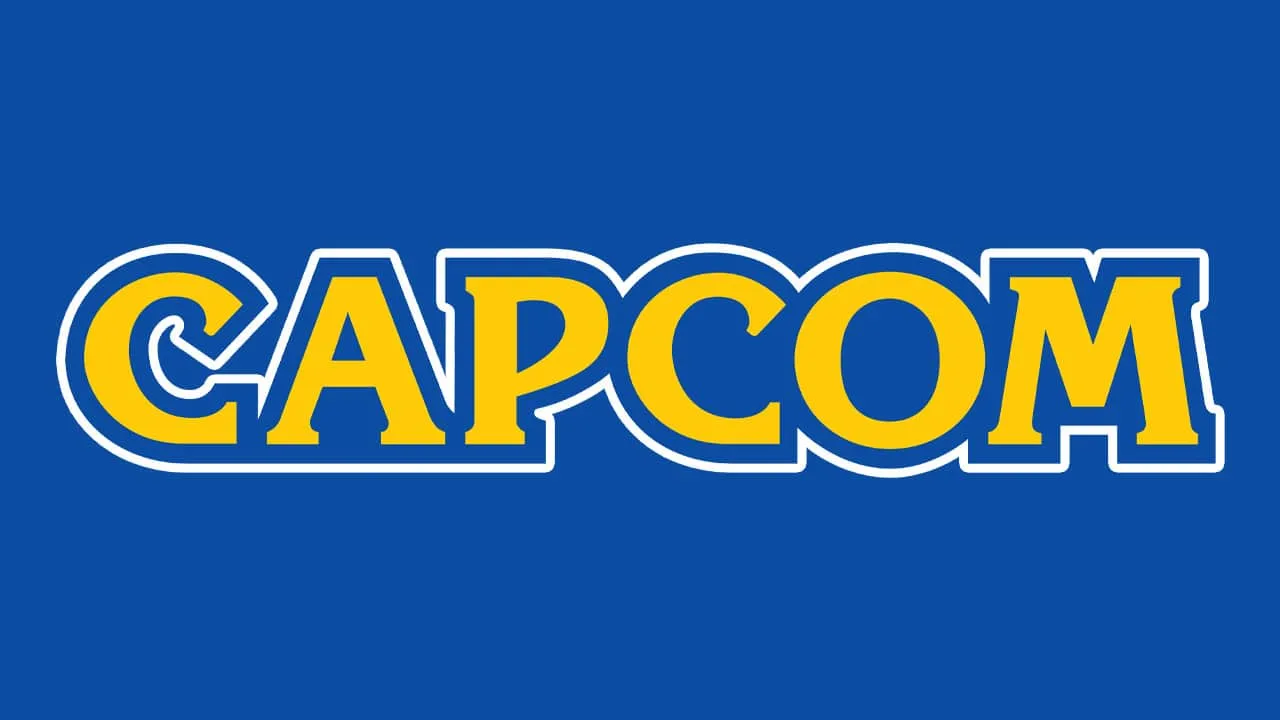Capcom hat kürzlich seine 45. Hauptversammlung abgehalten, auf der mehrere Fragen zur Zukunft des Entwicklers geklärt wurden.
Eine vollständige Übersicht der Veranstaltung findet ihr hier, zu der Frage-Antwort-Runde kommt ihr direkt über diesen Link.
Darunter wurde auch die Thematik digitaler und physischer Kopien besprochen. Ein Fragesteller gab an, dass der Anteil physischer Verkäufe von Spielen abnehmen und die digitaler Kopien zunehmen würde. Daher wolle er diesbezüglich die Einstellung und die Unternehmenspolitik seitens Capcom erfahren. Als Antwort darauf gab das Unternehmen an, dass man derzeit nicht davon ausgehe physische Kopien zu "eliminieren", da die Nachfrage noch immer von einer beträchtlichen Anzahl an Endnutzer vorhanden sei.
Frage:
"The ratio of physical game sales is decreasing as end user needs for digital is increasing. What is your outlook on physical games and the company’s policy regarding this?"
Antwort:
"Given that a significant number of end users demand physical games we currently do not expect to eliminate physical products."
Eine Andere Frage befasste sich mit dem stetigen Zuwachs des operativen Gewinnes und worauf dies zurückzuführen sei.
Man erläuterte dahingehend, dass die Spielehersteller im Zuge des digitalen Wandels in den letzten Jahren in der Lage seien, Spiele direkt online zu verkaufen, was es ermöglicht Preisstrategien zu verfolgen und Rabatte auf frühere Serientitel in Verbindung mit der Veröffentlichung einer neuen Version zu gewähren. Dank dieser Tatsache steigen die Verkaufszahlen von Titeln wie Resident Evil 7 Biohazard, welches vor sieben Jahren veröffentlicht wurde, oder Monster Hunter: World, das vor sechs Jahren auf dem Markt erschien. Darüber hinaus verfolge Capcom gründlich einen mittelfristigen Entwicklungsplan, indem sie eine 5-Jahres-Strategie beibehalten, was dem Studio ermöglicht, die Veröffentlichung neuer Titel zeitlich effektiv zu steuern. Dies habe Capcom zu der Überzeugung gebracht, dass die Spieleindustrie insgesamt eine geringe Volatilität aufweise, was auf eine Änderung ihres Geschäftsmodells zurückzuführen ist, mit dem das Unternehmen langfristig weiterhin Spiele verkaufen könne, da der Anteil der digitalen Verkäufe zunehme.
Frage:
"In the past, this was a highly volatile industry where a new release in one fiscal year would drive large earnings growth, with a comparative drop in earnings in the next fiscal year. Recently however, we no longer see this pattern in Capcom’s earnings. Further, the company
has achieved increased operating profit of over 10% each year. What has driven this?"
has achieved increased operating profit of over 10% each year. What has driven this?"
Antwort:
"In the past, we primarily sold games at physical retail stores, where we would typically sell a new game that was placed on the limited space of stores shelves for a period of approximately six months. However, accompanying the digital shift, in recent years game
makers have become able to sell games directly online, which allows us to carry out pricing strategies as well as discounts on past series titles in conjunction with the launch of a new release. Thanks to this, unit sales continue to grow even today for titles such as Resident Evil 7 biohazard, which was released seven years ago, as well as for Monster Hunter: World, which was released six years ago. Further, we thoroughly manage our medium-term development schedule by maintaining a 5-year development map that enables us to effectively time the release of new titles. This has led us to think that the game industry overall has shifted to one of low volatility due to a change in our business model, via which we can continue to sell games over the long term as the ratio of digital title sales increases."
makers have become able to sell games directly online, which allows us to carry out pricing strategies as well as discounts on past series titles in conjunction with the launch of a new release. Thanks to this, unit sales continue to grow even today for titles such as Resident Evil 7 biohazard, which was released seven years ago, as well as for Monster Hunter: World, which was released six years ago. Further, we thoroughly manage our medium-term development schedule by maintaining a 5-year development map that enables us to effectively time the release of new titles. This has led us to think that the game industry overall has shifted to one of low volatility due to a change in our business model, via which we can continue to sell games over the long term as the ratio of digital title sales increases."


